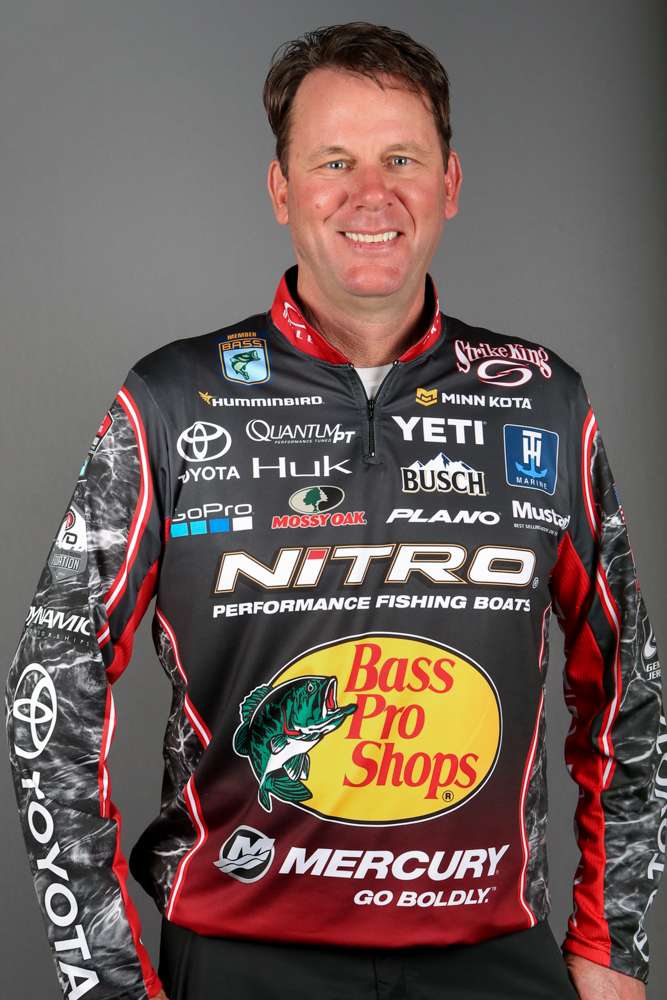You often hear us — professional bass anglers — talk about a lake or a river fishing big or fishing small. Everyone has an intuitive sense of what we mean by that, but not everyone understands the details of those concepts or how important they really are. Understanding how these concepts play into your fishing will make a big improvement in your performance.
The physical size of a body of water isn't always the controlling factor. Fishing big or fishing small is really a measurement of how much water is available per angler. A huge lake doesn't necessarily fish big, and a smaller body of water doesn't always fish small.
One thing that has an obvious effect on size is the number of boats that are out there fishing. Ten boats need less water than 100. Keep that in mind. If you fish a Friday night tournament with a dozen boats, a few hundred acres of water may not be all that small. Everyone will have room to do their thing.
But, if you're fun fishing on Saturday when everyone and his brother is out there, even a lake that covers thousands and thousands of acres can get crowded. You may find yourself rubbing rails with other boats.
Offshore structure and cover, coupled with the season of the year, has an even bigger impact on size.
Lots of shallow offshore stuff, or an especially long shoreline, will give you more places to fish in the spring. That'll make the water fish bigger. On the other hand, that same habitat may cause the venue to fish small in the summer when the bass are holding deep along channels and drops.
Of course, that would depend on how much deep, offshore stuff was available. Every body of water is different. It's an analysis that has to be made every time you launch your boat.
We saw practical applications of these concepts in California. The Delta usually fishes big — lots of water and lots of places to fish a pattern. It didn't this year because the fish were way behind the calendar. They were more concentrated, and so was the Elite field.
Clear Lake showed the exact same thing. As the water warmed, the fish started to move shallow, but not all the way to their beds. When that happened, they concentrated in small areas — mostly the last staging area before the spawning grounds — which made the lake fish smaller than usual.
That affected our fishing. It helped some anglers and hurt others. Regardless of that, however, it was something we all had to take into consideration. Some guys don't mind fishing in a crowd; others just won't do it.
Think about big and small in these terms the next time you go fishing. Adapt your fishing strategy to meet the prevailing conditions and your likes and dislikes.
And remember, it's all about the attitude.





